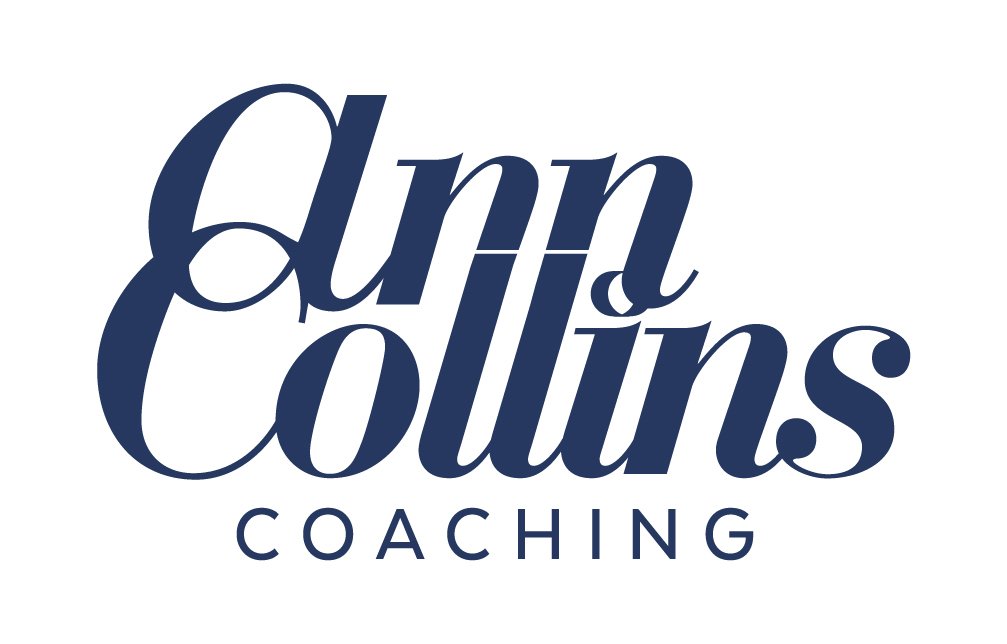Making better decisions: what leaders can learn from neuroscience
September 29th, 2022
Ann Collins
Having just moved back to the UK after 11 years in France, I'm asking myself on a daily basis if the decision has been a good one! As senior leaders, you are constantly making big and small decisions; should I sign off this project? Should I have a coffee break? What should be our strategy for the next 5 years?
The incredible power of our brains in managing the complexity of decision-making is worth exploring further, so that we can work with our brain to make better decisions and help those around us also to approach decision-making more confidently and effectively.
We often like to think that we make decisions based on cold hard data and that we're capable of rational thought and ignoring an emotional response! Neuroscience tells us that this is only half the story: our emotions provide much of the data and strong emotions such as fear or desire can actually narrow the options that our brain will consider. Furthermore, our experiences or subconscious mind will influence our decisions. Herein lies the power of habit! By reflecting on our daily habits we discover how so many decisions are not conscious or barely so.
This is hugely helpful and saves us energy! Imagine if we had to ponder every morning on what to decide have for breakfast!
However, as leaders we are often looking to transform organisations and introduce changes in some way. Thinking consciously and including checks along the way will help us to avoid repeating subconscious decisions, balance bias and repeat history.
As a history undergraduate, I spent many hours debating the point of learning medieval history. The favourite reply of many historians is that we learn from our mistakes. A quick tour of history would suggest that as a human race, we're not that successful!
On an individual level, we can learn to become more self-aware by studying our own "history" and make progress in terms of learning from our own mistakes. We can learn to take a step back and be aware of our emotional states (and those around us). In doing so, as by studying history, we learn more about who we are and what is important to us and this is where we can make more thoughtful and effective decisions.
We might recognise a narrative we tell ourselves that has kept us from progressing; for example, a previous boss or employer who told us we weren't good with numbers.
There are competing demands on our brain. Our unconscious mind wants clarity and direction, so it will bring up unfinished tasks and goals. (This reinforces the importance of setting goals or identifying your values). Furthermore, the brain wants us to be very efficient and will look for shortcuts, using emotions and habits.
This is why we will often ignore advice from others and why first impressions, that are emotionally driven, are so powerful.
The implications for leadership are so important and we need to be hyper vigilant to force ourselves to challenge our own assumptions.
What can you do to enhance your own self-awareness around your decision-making?
What can you do to enhance your own self-awareness around your decision-making?
Ask for more information and consult others (not only those who agree!).
Beware of stories from your past: this has always worked before; this has never worked before, for example.
Analyse your own emotional response to a decision: is it serving you? Where has it come from? Be curious about your own responses.
Balance an intuitive and rational response
Learn from mistakes.
You also need energy! You will have noticed that it becomes very difficult to make decisions when you are tired. Parents of young children will recognise the brain fog associated with extreme fatigue - physical and emotional energy is required.
Help and support your team in making good decisions and create a favourable environment for effective decision-making:
Help and support your team in making good decisions and create a favourable environment for effective decision-making:
Have clear and coherent goals (direction)
provide opportunities for feedback and discuss ideas openly (challenge the stories of the past)
Encourage self-awareness of emotional responses
Help and encourage team members to recognise problems from various perspectives (reframe and challenge assumptions)
Create useful team habits (that require less brain work)Encourage good quality relationships at the heart of the working environment to help ensure that teams feel well-rested and not unduly stressed.
It's also interesting to note what is absent from the list:
Long working hours
Doing it all on your own
Multitasking and "busyness"
Being mindful of looking after ourselves as leaders, providing the conditions we need to be alert, relaxed and focussed must be a priority, because only then can you provide for others.
If you would like further support for you or your teams of developing ways of creating the right conditions for effective decision-making, get in touch!

